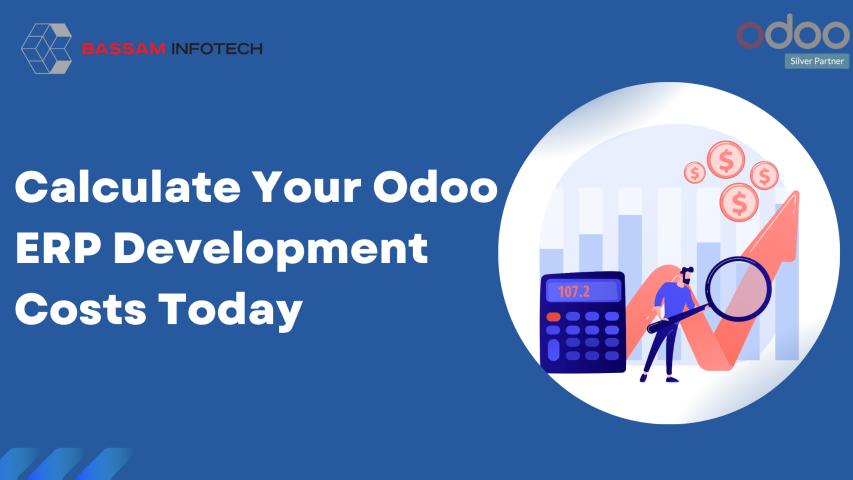In the digital era, an online presence is crucial for businesses of all sizes, including small businesses. E-commerce platforms like WooCommerce provide an accessible and affordable way to reach customers and sell products online. As an open-source plugin for WordPress, WooCommerce offers flexibility, scalability, and a vast array of features that make it an excellent choice for small business owners looking to enter the online marketplace.
Why Choose WooCommerce?
WooCommerce's appeal lies in its cost-effectiveness and adaptability. Unlike many proprietary e-commerce solutions, WooCommerce is free to use, with a vast selection of both free and premium themes and plugins available. This open-source platform allows businesses to tailor their online stores to meet specific needs without incurring significant costs. Moreover, WooCommerce integrates seamlessly with WordPress, the world's most popular content management system, offering a familiar and user-friendly interface for managing both content and commerce.
Planning Your WooCommerce Store
Before setting up a WooCommerce store, careful planning is essential. Start by identifying your niche and target audience, which helps shape your store's design and product offerings. Understanding your audience's needs and preferences can inform everything from the user interface to marketing strategies. Defining your brand identity, including elements like your store's name, logo, and color scheme, is crucial for creating a memorable and cohesive online presence. Additionally, setting realistic goals and a budget is vital for managing resources and tracking progress.
Essential WooCommerce Plugins
Plugins are the backbone of any WooCommerce store, adding functionality and features that enhance the user experience. For small businesses, selecting cost-effective plugins is key to maintaining a budget. Essential plugins include Yoast SEO for search engine optimization, WooCommerce Security for protecting customer data, and Google Analytics for tracking site performance and user behavior. Many of these plugins offer free versions with sufficient features for small businesses, making them a cost-effective choice.
Customizing Your Store Design
A well-designed store can significantly impact customer perception and engagement. WooCommerce provides a diverse array of themes, including both free and premium options, tailored to suit various business requirements. When choosing a theme, look for options that are responsive (mobile-friendly), customizable, and well-supported. Customization is important for aligning your store's appearance with your brand identity. Adjusting elements like color schemes, fonts, and layouts can create a unique shopping experience that stands out in a competitive market.
Optimizing for Performance
Website performance, particularly loading speed, is crucial for user experience and search engine ranking. For small businesses, investing in affordable yet reliable hosting solutions is a wise choice. Shared hosting plans can be a budget-friendly option, though it's important to choose a provider known for good performance and support. Image optimization, using tools like Smush, and caching, with plugins like WP Super Cache, are simple yet effective ways to improve site speed and overall user experience.
SEO Strategies on a Budget
Implementing effective search engine optimization (SEO) is crucial for bringing organic traffic to your WooCommerce store. Even on a limited budget, there are numerous strategies and tools available to enhance your store's visibility. Start with the basics, such as optimizing product titles and descriptions with relevant keywords, using descriptive alt tags for images, and creating meta descriptions that entice clicks. Tools like Yoast SEO provide valuable insights and guidance for improving on-page SEO. Content marketing, such as blogging and creating resource pages, can also drive traffic and establish your store as an authority in your niche.
Marketing Your WooCommerce Store
Creating strong marketing strategies is key to increasing traffic and enhancing sales. Utilizing social media platforms is a cost-effective method to connect with potential customers and foster engagement. Consistent posting, special promotions, and interactive content help in building a community around your brand. Additionally, email marketing serves as a powerful tool, offering a direct line of communication with your audience. Building an email list and sending out newsletters with special offers, product updates, and personalized recommendations can boost customer retention and sales. Collaborating with influencers or running targeted ads can also increase visibility and attract new customers.
Cost-Effective Payment Solutions
Choosing the right payment gateway is crucial for minimizing costs and providing a seamless checkout experience. WooCommerce supports a wide range of payment gateways, each with its own fee structure and features. For small businesses, it’s important to choose a gateway that balances cost with convenience and security. WooCommerce Payments, PayPal, and Stripe are popular options, offering competitive transaction fees and easy integration. Additionally, consider the payment preferences of your target audience and the regions you sell to, as this can influence the choice of gateway.
Managing Shipping and Inventory
Efficient shipping and inventory management are key components of a successful e-commerce operation. For small businesses, finding affordable shipping solutions that provide reliable service is crucial. Many carriers offer discounted rates for small businesses, and tools like WooCommerce Shipping can help streamline the process. Inventory management tools, such as WooCommerce Stock Manager, enable businesses to track stock levels, manage suppliers, and automate reorder points, reducing the risk of stockouts or overstocking.
Customer Support and Engagement
Delivering outstanding customer support is crucial for fostering trust and loyalty. Small businesses can use tools like chatbots, automated email responses, and live chat features to offer prompt and efficient customer service. Engaging with customers through social media, newsletters, and feedback forms also helps build a loyal customer base and gather valuable insights into customer preferences and pain points.
Scaling Your Business
As your business grows, it’s important to scale your WooCommerce store to handle increased traffic and sales. Signs that it’s time to scale include frequent stockouts, slow website performance, or an increase in customer inquiries. Strategies for scaling include upgrading to a more robust hosting plan, optimizing your website for better performance, expanding your product range, and investing in more advanced marketing and customer support tools.
Monitoring and Analytics
Keeping track of your WooCommerce store's performance is vital for making informed business decisions. Key metrics to monitor include traffic sources, conversion rates, average order value, and customer retention rates. Tools like Google Analytics and WooCommerce’s built-in analytics provide valuable data that can inform marketing strategies, product development, and overall business strategy. Regularly reviewing and analyzing this data helps identify strengths, weaknesses, and opportunities for growth.
Case Studies of Successful Small Businesses Using WooCommerce
Learning from the experiences of other small businesses can provide valuable insights and inspiration. Case studies of businesses that have successfully used WooCommerce to grow their online presence highlight the strategies and tactics that worked for them. These case studies often reveal practical tips and best practices that can be applied to your own business.
Conclusion
Investing in WooCommerce is a smart move for small businesses looking to establish or enhance their online presence. With its cost-effective solutions, extensive customization options, and scalability, WooCommerce provides a solid foundation for building a successful e-commerce store. By carefully planning your store, optimizing performance, implementing effective marketing strategies, and providing excellent customer support, you can create a thriving online business that meets your goals and exceeds customer expectations.
FAQs
What are the initial costs of setting up a WooCommerce store?
Initial costs typically include hosting, domain registration, a theme, and essential plugins. The cost of developing a WooCommerce store can fluctuate based on the complexity and the selected themes and plugins.
What strategies can I use to increase traffic to my WooCommerce store?
Utilize SEO best practices, engage in content marketing, use social media platforms, and consider running targeted advertising campaigns to attract and retain customers.
What are the best free plugins for WooCommerce?
Essential free plugins include Yoast SEO for optimization, WooCommerce Security for protecting customer data, and Google Analytics for tracking site performance.
How do I determine the best payment gateway for my WooCommerce store?
Consider factors like transaction fees, supported payment methods, and customer preferences. WooCommerce Payments, PayPal, and Stripe are popular choices for their ease of integration and competitive fees.
Can I scale my WooCommerce store as my business grows?
Yes, WooCommerce is highly scalable. As your business grows, you can upgrade hosting, add more features, optimize performance, and expand your product offerings to accommodate increased demand.














